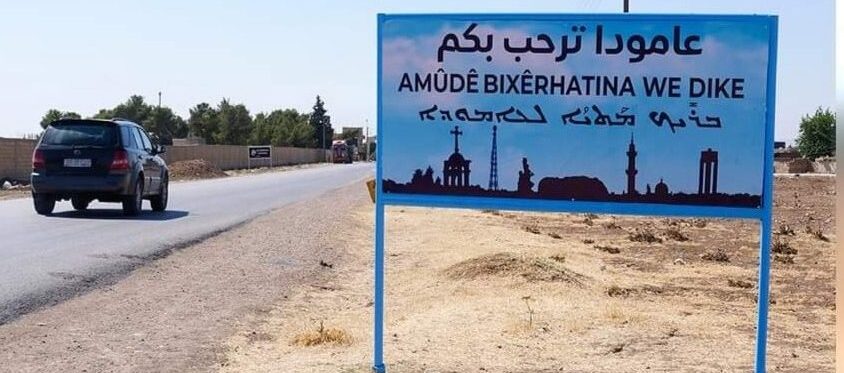Amuda (Arabic: عامودا, translit. ‘Āmūdā, Kurdish: Amûdê, Classical Syriac: ܥܐܡܘܕܐ) is a small city in the Qamişlo Canton, in the Jazira Region of the Democratic Federation of Northern Syria.
Amuda lies close to the border with Turkey.

The Rojava Film Festival reveals how cinema in Rojava has grown into a revolutionary art shaped by memory, resistance and collective creation.
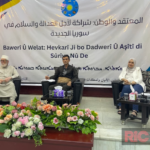
Rojava Information Center interviewed figures and structures associated with Islam in North and East Syria. They included members of the Democratic Islam Congress and Delal Khelil from the Council of Religions and Beliefs, both structures which RIC previously interviewed in 2020. RIC also spoke to Sheikh Murshid Khaznawi, the son of Sufi Sheikh Maashouq Khaznawi, who was tortured and assassinated by the former Ba’ath government in 2005.
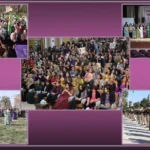
Kurdish, Arab, Syriac, Assyrian, Armenian, and Turkmen women have achieved numerous legal, political, military, cultural, and social accomplishments in North and East Syria during the July 19 Revolution (Women's Revolution). Preparations are currently underway to draft a special social contract for women.
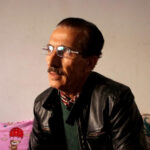
Hassan Hassan is an English teacher and works with the NGO S.O.S. Afrin. He is originally from Afrin and lived almost seven years in Shehba. His family and he were displaced to North and East Syria following the Turkish-backed Syrian National Army’s December 1 offensive to seize Shehba. He talks to RIC about his memories of the SNA’s attack, mass displacement from Shehba, the travel to Tabqa, and his situation having been now twice displaced.`
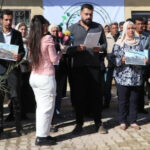
Cizîr Canton Ecology Board stated that the attacks by the occupying Turkish state has caused great damage to the ecology in North-East Syria, calling on the international community to take action against this ecological destruction.
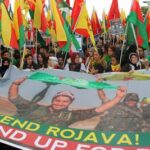
Today is the 25th of December.
At this moment, there are sounds of war planes in the air.
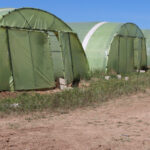
The agricultural cooperatives established by the Jazira Martyrs' Families Council Economy Committee aim to increase livelihoods and job opportunities in the region.
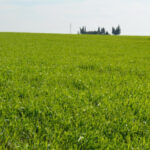
Agricultural cooperatives created by women in 8 villages in Qamishlo grow products such as wheat and barley. In a year with good rainfall, women aim for an important harvest.
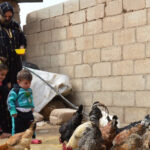
The Economy Committee of Kongra Star has developed a “poultry farming project” to support Arab women’s economic empowerment. The committee plans to develop more projects for women.
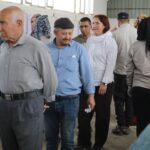
The Women's Economy Committee in Amuda district opened a market for vegetables and foodstuffs to break the price and monopoly.
